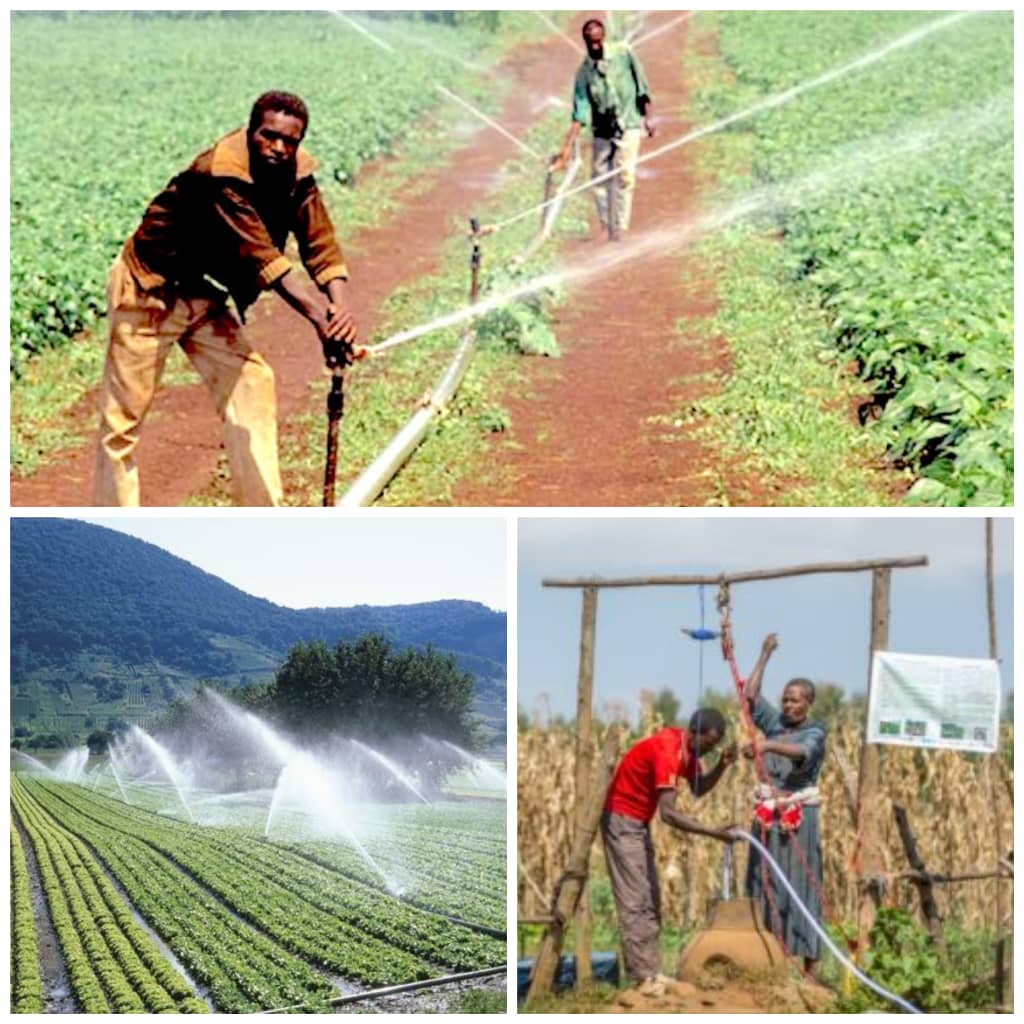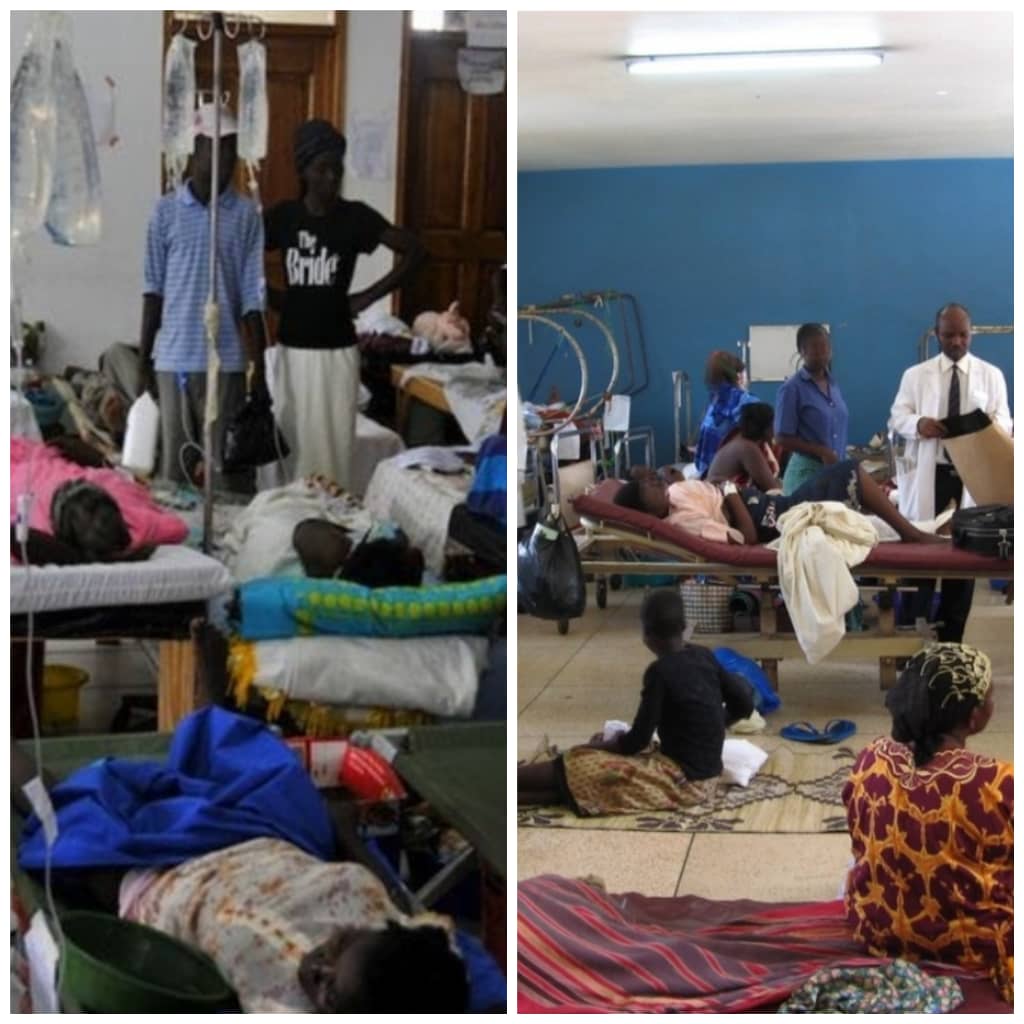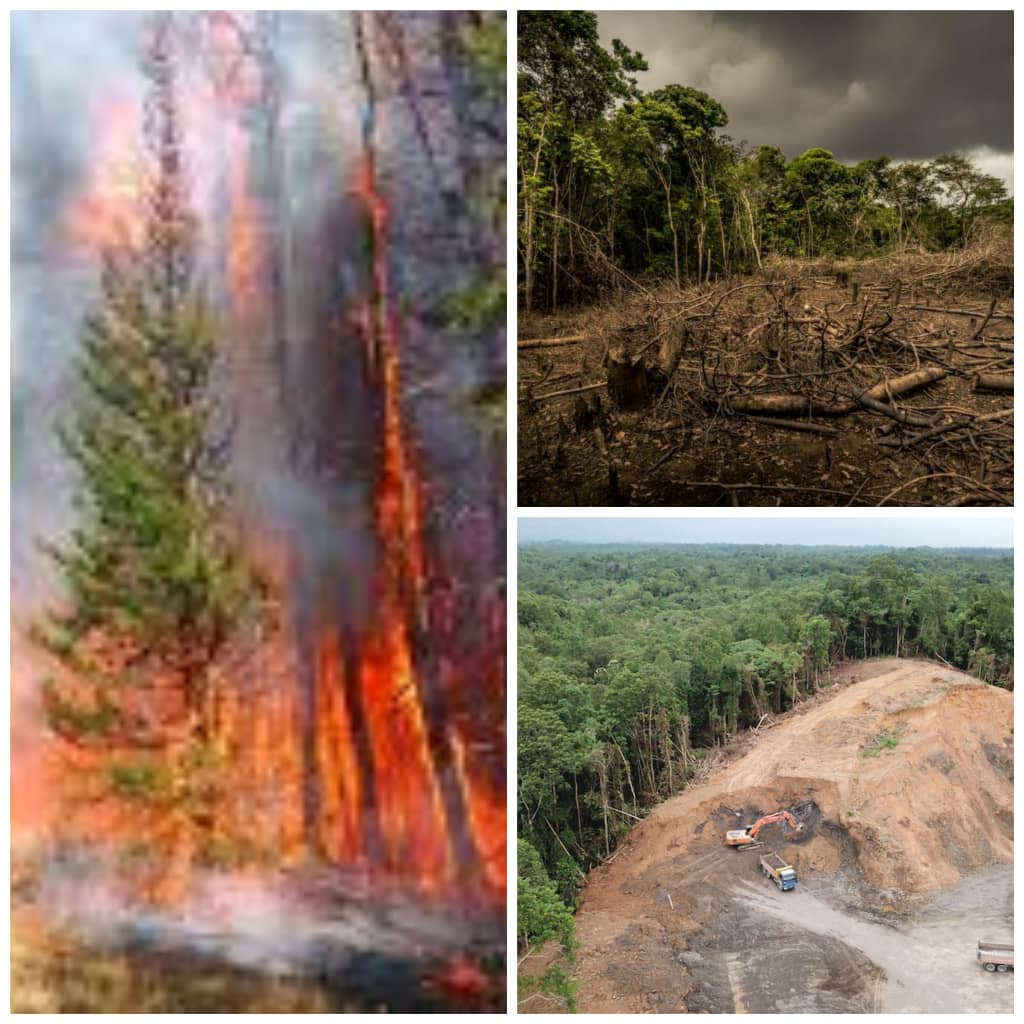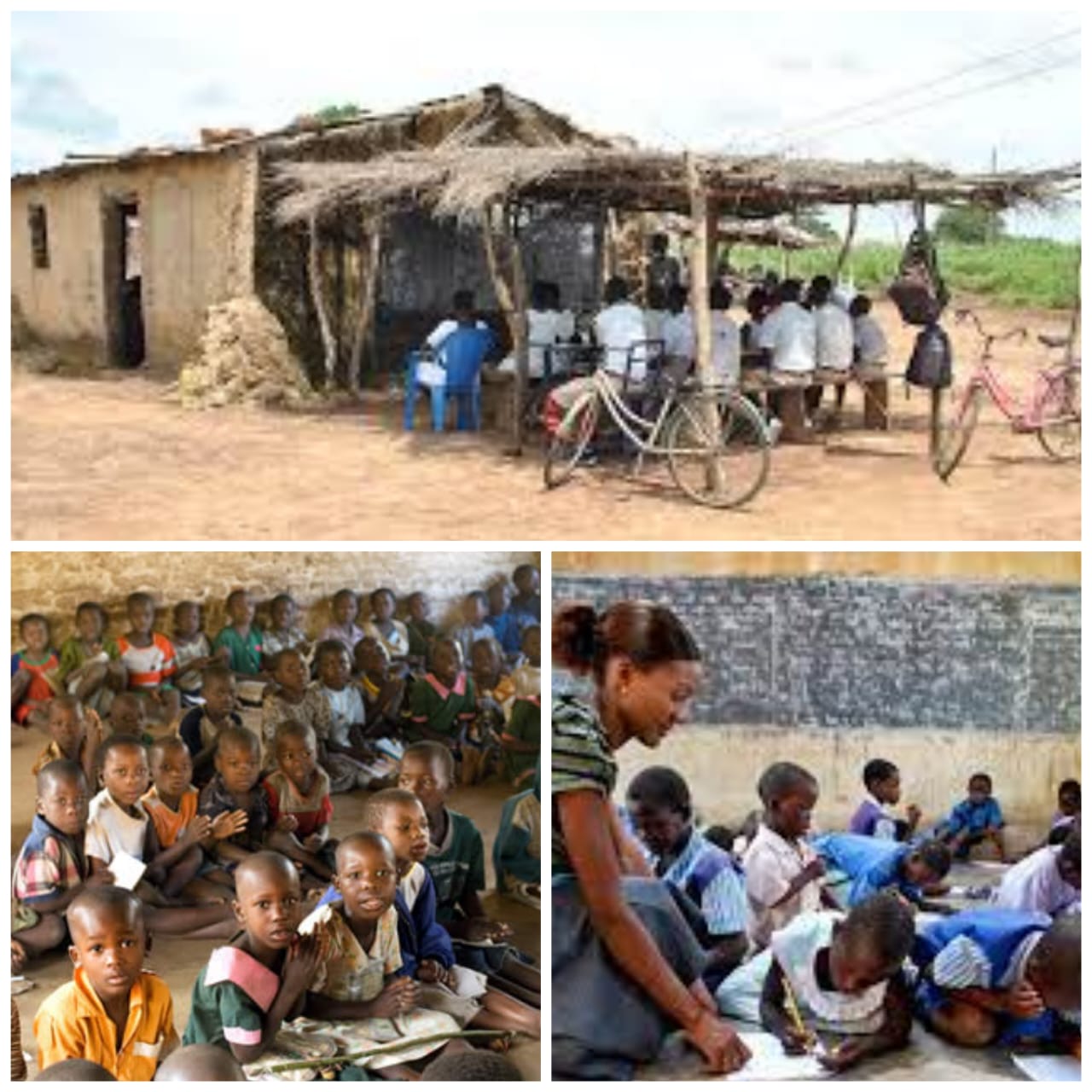
Irrigation is watering plants or crops to help with growth. Irrigation is an artificial way of watering the plants. It is artificial because it is not through rain. The water usually comes from natural sources such as streams, underground pipes, wells, dams, and canals among many others. But is fed to the plants using machinery. As nutrients are crucial to the growth of plants, so is irrigation.
There are so many types of irrigation. They include localized irrigation, drip irrigation, sprinkler irrigation, manual irrigation, etc. In the Anloga and Keta districts of the Volta region, sprinkler irrigation is used. Some parts of Accra also use manual irrigation. Most farmers rely on the rain. All of these types of irrigation have their advantages and disadvantages. Regardless, the use of any of these forms of irrigation helps in more ways than reliance on the rains.
Farmers in these various parts of the country that rely on the rain go through extreme difficulties before they accrue any harvest. These types of irrigations require huge amounts of money for startups. Most of these farmers do not have these monies. Those who go for loans are usually unable to pay back these loans. As a result, their farms are seized and any property of theirs with adequate profit is used as collateral.
Most of these farmers in the suburbs live from hand to mouth. If the crops on the farm are not ready for harvest, some of them engage in odd jobs to take care of themselves and their families. In cases where there are no odd jobs, they starve. Can you imagine a farmer who works so hard on the farm with no food? Isn’t his life at stake? Isn’t his health declining at faster levels?
The rainy season happens once a year. How feasible is it to rely on rain that comes in one season? What happens to the farmers and their farms during the dry season? Ghana is an agrarian economy with a land area of 126,037 sq. km in 2021. This means that a large fraction of the income of individuals in the country is from agriculture. If this is so, why do many of its citizens who are farmers go through untold hardships?
Sometimes, when one goes to these communities and sees the daily lifestyle of these farmers, it is easy to shed lots of tears. Some of them have engaged in farming since they were children. It is all they know. Some of them refer to it as their parent’s inheritance to them. Having bent down for so many years to walk on the farms, most of them have spine diseases that are beyond repair. They walk bent as though they were born with a deformity.
Some of these farmers resort to the use of polluted water on their farms because they do not have a choice. This affects the quality of food we eat. Some of these farmers who do not have any access to water have farms that are dried up, making them lose the capital used in purchasing the seeds and others. The worst that happens is when the rains disappoint after the farmers have cleared and grown their seeds. Their earnest anticipation for a big harvest just goes down the drain leaving them disappointed and hopeless.
They have no modern technologies to use on their farms. They simply resort to the use of hoes, cutlasses, and fetching of water from long distances to water their plants. Huge amounts of money are given by the government to aid these farmers with fertilizers, and manure amongst many others but it does not serve the purpose for which it is intended.
Investors in these private firms must come to the aid of these farmers. It makes no sense that Ghana, with such excellent soil and all it needs for crops to be grown here, will import foodstuff such as tomatoes and onions from other countries. We have all it takes to grow all food and export the rest of the systems are rightly put in place. With irrigation machines put in place for these farmers, there will be a sharp increase in the production of food.
Many investors in the country can help these farmers, ceteris paribus. We need to present them with the right information and the implications of a non-thriving agricultural economy on the country as a whole. It is imperative to fund these farmers because their help will come from no other place. In the long term, if nothing is done about irrigation to augment the Tamne, Mprumem, Sabare, and Amate irrigation systems, we shall be importing most of our foodstuff from other countries. Foodstuffs will become extremely expensive. How many people can afford it? The consequences will be that we shall have hungry citizens. Crime rates will go up. More people will beg on the streets so that they can buy food. When that comes, we have failed the people and are doomed as a country.







